
Contract Management
and Procurement
Contract Types and Selection
We carefully select the most appropriate contract type for each project:
Fixed-Price Contracts: Used when the project scope is well-defined, offering cost certainty for clients.
Cost-Plus Contracts: Employed for projects with uncertain scopes, allowing flexibility but requiring careful monitoring.
Time and Materials Contracts: Utilized for projects where the amount of time and materials cannot be accurately estimated upfront.
Unit Price Contracts: Ideal for projects where the exact quantities are unknown, but unit prices can be established.
Design-Build Contracts: Used when we're responsible for both design and construction, streamlining the process.
Guaranteed Maximum Price (GMP) Contracts: Offering a ceiling price while allowing for potential savings to be shared.
Integrated Project Delivery (IPD) Contracts: For collaborative projects involving multiple stakeholders from the outset.
Our selection process involves thorough risk assessment, project complexity analysis, and client preference consideration to ensure the most suitable contract type is chosen.
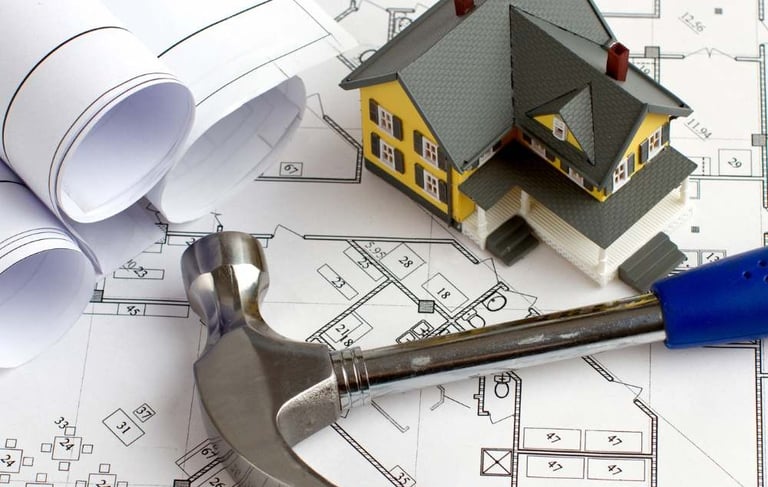

Bidding and Tendering Processes
Our bidding and tendering processes are designed to be fair, transparent, and efficient:
Request for Proposal (RFP) Development: We create detailed RFPs that clearly outline project requirements, evaluation criteria, and submission guidelines.
Supplier Prequalification: We maintain a database of prequalified suppliers to ensure we're working with reliable and capable partners.
Bid Advertisement: We use various channels to advertise our bids, ensuring a competitive process.
Bid Evaluation: Our evaluation process is systematic, considering factors such as price, quality, capacity, and past performance.
Negotiation: We engage in fair negotiations with selected bidders to ensure the best value for our clients.
Contract Award: We formally award contracts, ensuring all necessary approvals are in place.
Debriefing: We offer debriefing sessions to unsuccessful bidders, maintaining good relationships and encouraging future participation.


Supplier and Subcontractor Management
Effective supplier and subcontractor management is crucial for project success:
Performance Monitoring: We regularly assess supplier performance against agreed KPIs.
Relationship Building: We foster strong relationships with our suppliers through open communication and collaboration.
Supplier Development: We work with key suppliers to improve their capabilities, benefiting both parties.
Risk Management: We continuously assess and mitigate risks associated with our supply chain.
Compliance Monitoring: We ensure all suppliers adhere to relevant regulations and our own standards.
Financial Health Monitoring: We regularly assess the financial stability of our key suppliers to mitigate risks.
Supplier Diversity: We strive to maintain a diverse supplier base, including local and minority-owned businesses.
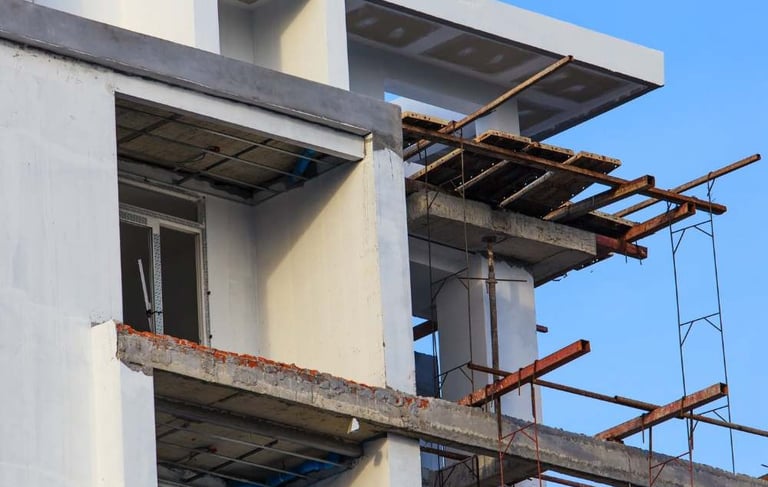

Contract Administration
Our contract administration process ensures the smooth execution of contractual obligations:
Contract Implementation: We ensure all parties understand their roles and responsibilities from the outset.
Documentation Management: We maintain comprehensive records of all contract-related documents.
Change Management: We have a structured process for handling contract changes and variations.
Performance Tracking: We continuously monitor contract performance against agreed terms and conditions.
Payment Management: We ensure timely and accurate payments in line with contract terms.
Compliance Monitoring: We regularly check for compliance with contractual obligations and relevant regulations.
Contract Close-out: We have a formal process for closing out contracts, including final inspections and documentation.
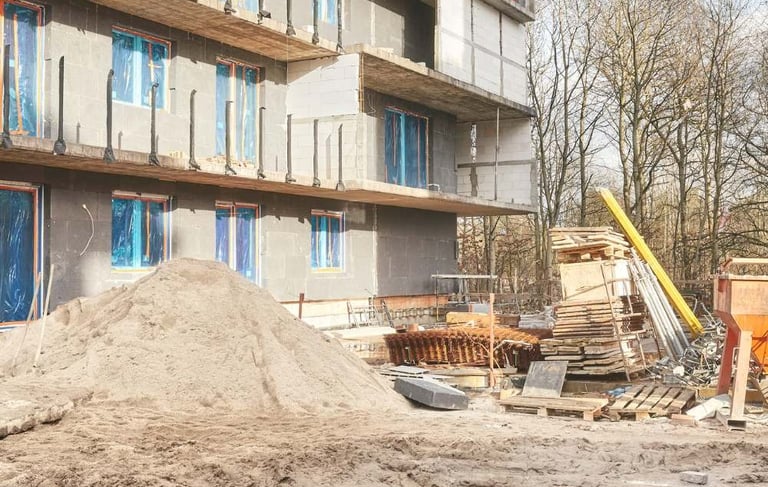

Dispute Resolution Mechanisms
While we strive to avoid disputes through clear communication and proactive management, we have robust mechanisms in place when they do occur:
Early Identification: We encourage early identification and communication of potential issues to prevent escalation.
Negotiation: Our first step is always to attempt resolution through direct negotiation between parties.
Mediation: We engage neutral third-party mediators to facilitate resolution when direct negotiation is unsuccessful.
Arbitration: For more complex disputes, we use arbitration as a faster and often less costly alternative to litigation.
Expert Determination: For technical disputes, we may engage industry experts to make binding determinations.
Litigation: As a last resort, we are prepared to engage in litigation to protect our interests and those of our clients.
Dispute Review Boards: For large, complex projects, we may establish dispute review boards to provide ongoing dispute avoidance and resolution services.
At Eleter Projects, our comprehensive approach to contract management and procurement, refined over 15 years in Sydney's construction industry, ensures that we deliver projects efficiently, maintain strong supplier relationships, and effectively manage any disputes that may arise. This approach has been key to our success in delivering high-quality construction projects across Sydney.


161 Parramatta Rd Annandale NSW 2038
Call Us on: 0414 738 827


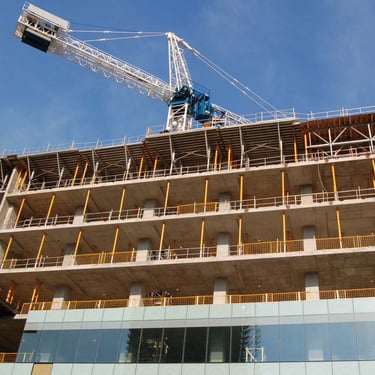




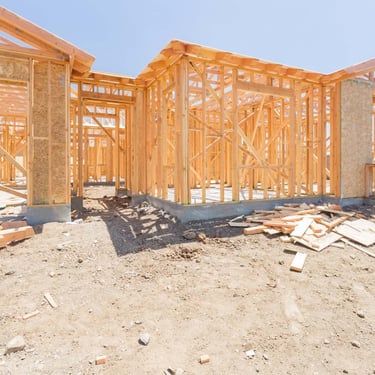



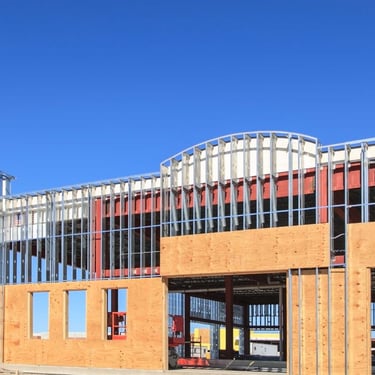
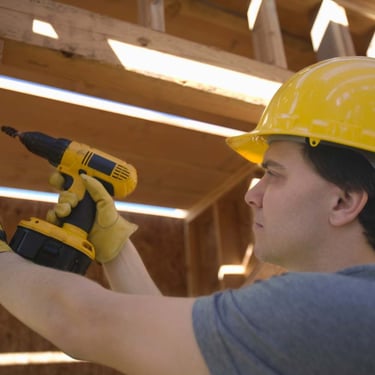

All Rights Reserved © Eleter Projects 2024
